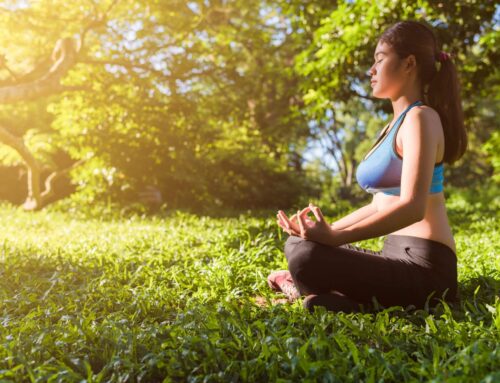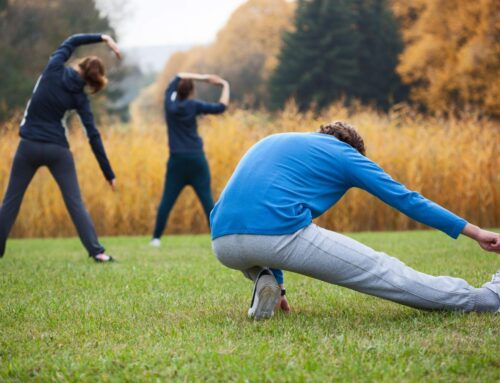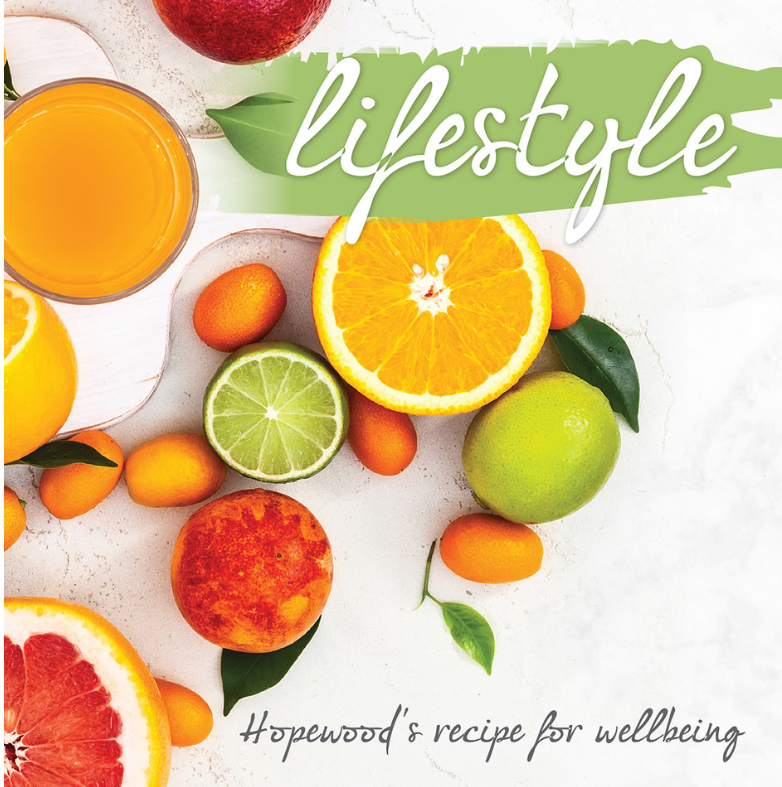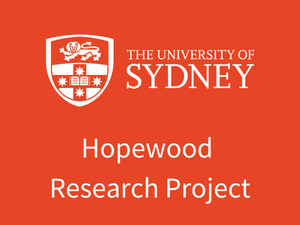Let’s talk about stress
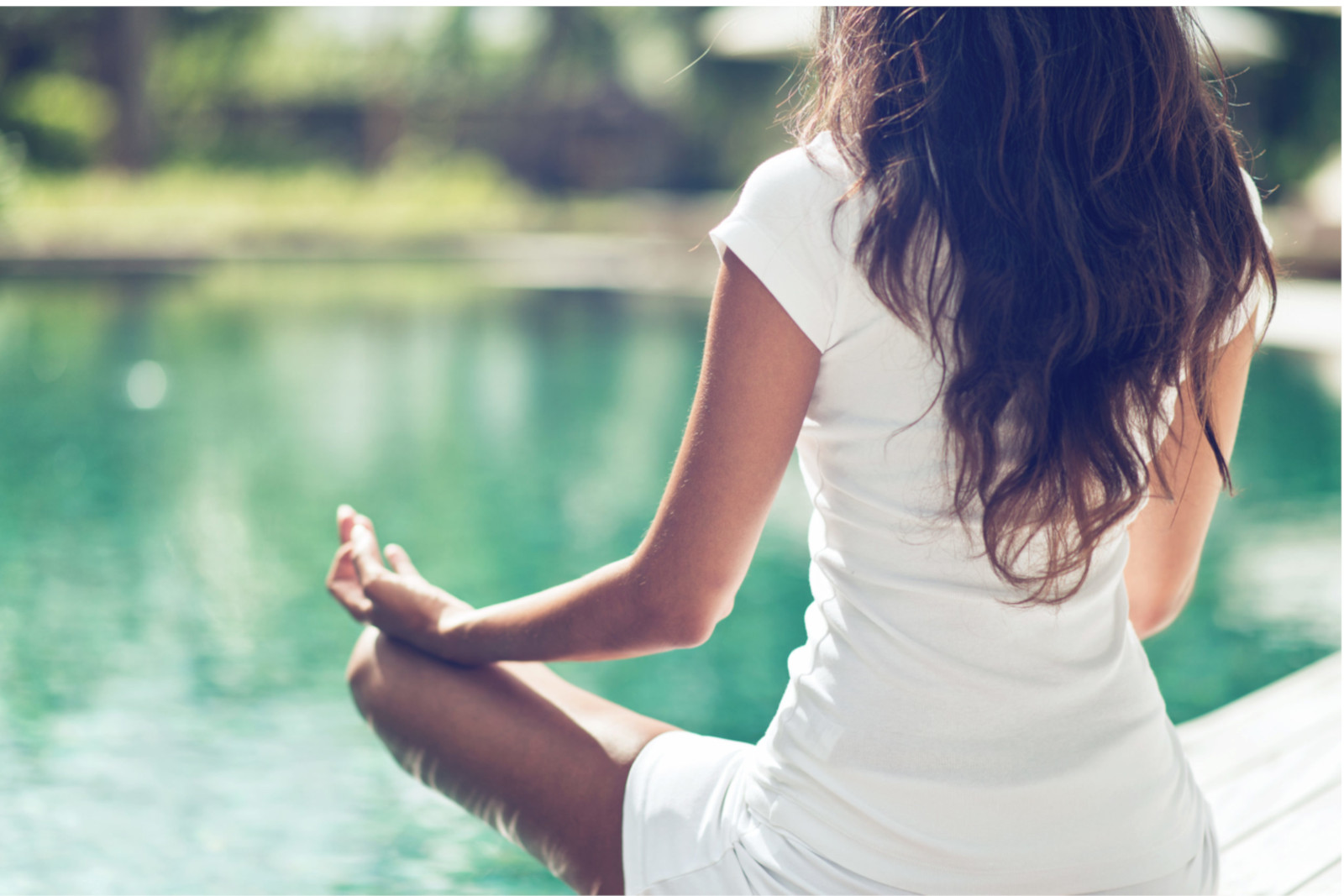
We all experience stress. How we manage that stress can impact how enjoyable and effective our lives are.
What is stress?
Stress is the application of tension or pressure, which distorts something from its natural state of equilibrium. The Oxford Dictionary defines stress as “A state of mental or emotional strain or tension resulting from adverse or demanding circumstances.”
As most of us know, stress affects us physically, mentally, emotionally and behaviourally, and can impact our ability to lead a healthy lifestyle.
This is why stress reduction and ongoing stress management is extremely important. When we’re experiencing stress our brain stops using the frontal cortex, which is the restorative part of our brain. Instead, we start depending on the lower part of the brain, which is reactive. When we’re not stressed we can think clearly, live a healthier life and positively interact with others.
So, what steps can you take to reduce stress in your life?
Step 1: The first step is learning to recognise your own reactions to stress. We all have different reactions to stress, based on our particular physiology and personal belief systems. Some of the signs to look out for may include:
- Physical tension – this could be tension in the neck, shoulders, back, a headache or a niggly old injury
- Nausea or an upset stomach
- Bad habits kicking in (such as overeating or nail biting)
- A sense of being overwhelmed (an inability to complete tasks)
- A short fuse
- Feeling increasingly emotional or wanting to cry
- Anger, and
- Negative self-talk.
Step 2: Make a list of small things you can realistically action in your life to help you reduce stress (your ‘personal stress busters’). This could be taking a walk to clear your mind, doing Tai Chi, focusing on your breathing or taking time out to meditate. These activities will fortify you and make you feel resilient. You can also help prevent stress build up by taking time out to reduce stress before it occurs (we call these stress-reduction capsules). This could be as simple as laying on the floor, or doing back bends for five minutes.
Step 3: Make another list of all the things that give you a sense of wellbeing (things that make you feel good personally). There may be something that you particularly enjoyed doing when you were younger, or that you have always intended to try – but continually put off. Fit these activities into your daily life. Doing things we enjoy help to increase the endorphins, serotonins and dopamine in your body, which all help to replace the stress chemicals.
Step 4: Tune in and be aware of how you feel as stress starts coming in your body. Look for the signs, and actively address them by applying a stress buster.
Step 5: Separate your stress from others. Some of us are prone to absorbing stress from others. It’s important to separate your stress from other people’s stress, and to be aware of your stress reactors. Know when you’re experiencing stress and be aware of situations you know will trigger it, so you can remove yourself from the situation and manage your stress in a timely and effective manner. This will also help you to help others manage their other stress reactions.
Step 6: Live a healthy lifestyle. It’s important to be aware of your mind/body relationship. They are integrally connected and each can have negative and positive impacts on the other. If you know you have a particularly stressful period of life coming up, pay extra attention to your physical health and lifestyle. This will allow you to navigate the period with a clearer mind and healthier body.
Step 7: Choose food that’s closer to nature. By eliminating processed, tinned and packaged foods from your diet, your body will be in a better place to deal with the discomfort and challenges it may face. You will also have greater mental clarity.
Step 8: Stay at a health retreat. Taking a health holiday will allow you to be reflective and help you do a stocktake on what’s working in your life and what’s not. A holiday that gives you the time and space you need to create the initial health shift can be the best way to move forward in a positive and productive way.
Step 9: If you don’t have time for a holiday, try taking some yoga or meditation classes. These activities are also an opportunity for you to reflect and start your health journey.
Positive stress
It is important to note there is such a thing as positive stress. Positive stress gives us a burst of adrenalin, which can help us meet deadlines, accomplish goals and can create a sense of mental alertness. These short bursts of stress efficiency can be beneficial in our daily lives. The key thing to remember here is that during positive stress periods we must be aware of the actions we’ll need to take to restore our body to its natural state in order to remove the stress afterwards. This positive stress is fleeting.
Negative stress
On the other hand, chronic negative stress can create long-term damaging impacts on the body. Negative stress affects our brain responses and puts us in a state of distress and disharmony. We are unable to reason effectively if we are in chronic stress mode.
Men vs women
Women tend to function differently to men when managing their stress. Many men don’t recognise their stress cues until they have to do something about it. They tend to soldier on for longer than they should.
We live in a society where some men feel they are not ‘allowed’ to recognise or show they’re struggle. It’s important to know how you identify and manage your stress immediately.

